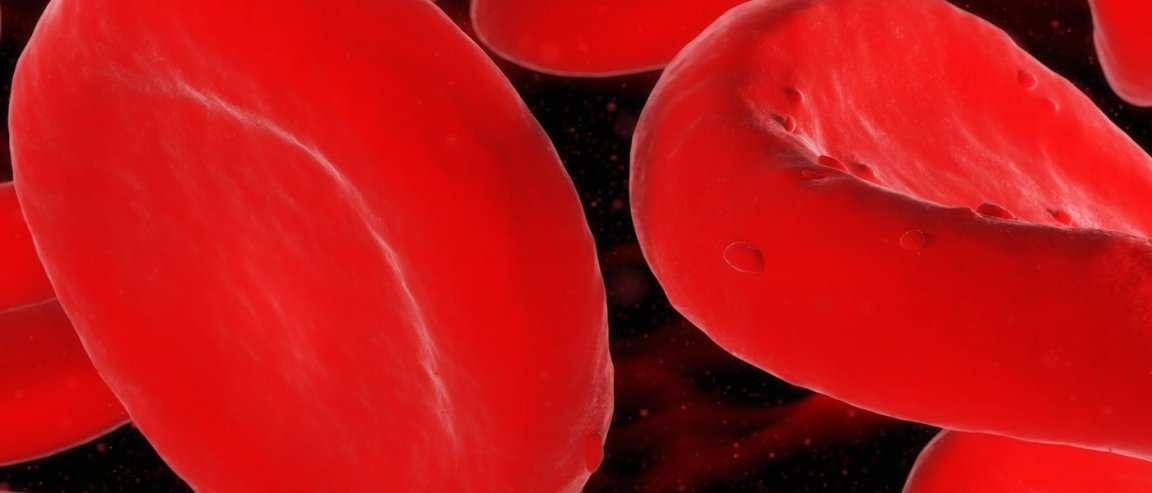
The Secret is in Protein Levels
More and more scientists have been focusing on the battle against aging. Some of them are looking into the blood of young people for solutions. Recently, we covered ongoing human trials of blood plasma transfusions from young people into Alzheimer’s patients. This process was found to improve physical performance as well as cognitive functions in mice, and performed better than a preceding experiment where old and young mice were stitched together.
In another study published in Nature Communications, University of California Berkeley professor Irina Conboy insists that the secret lies in regulating the protein levels in blood—that young blood in itself does not have rejuvenating properties, and the positive effects seen in blood plasma transfusion merely coincided with the dilution of old patients’ blood as an effect of adding healthy blood in.

In short, they hypothesize that there’s no need to harvest blood from younger individuals, they just need to modulate protein in the blood to normal levels. They believe abnormal levels of these proteins are responsible for deterioration and aging.
Trials Planned in the Next Six Months
Conboy believes old blood can be “reset” to slow down the deterioration caused by imbalances in proteins. “These proteins are made by all the tissues in your body every day,” Conboy told the Guardian. “When they are present at low levels, they are important, and you cannot live without them. But with ageing their levels become skewed. Some of them go up, and some go down. So the rational approach is not to give people young blood, but to normalise the levels of these key molecules.”
The team also devised a computer-controlled pump system that would draw blood from a donor and transfuse it directly into a recipient. To complete the procedure, they are now working on a device that would filter out excess proteins in the blood of the elderly and reset them to healthier, youthful levels.
They are hoping to conduct clinical trials in the next six months.